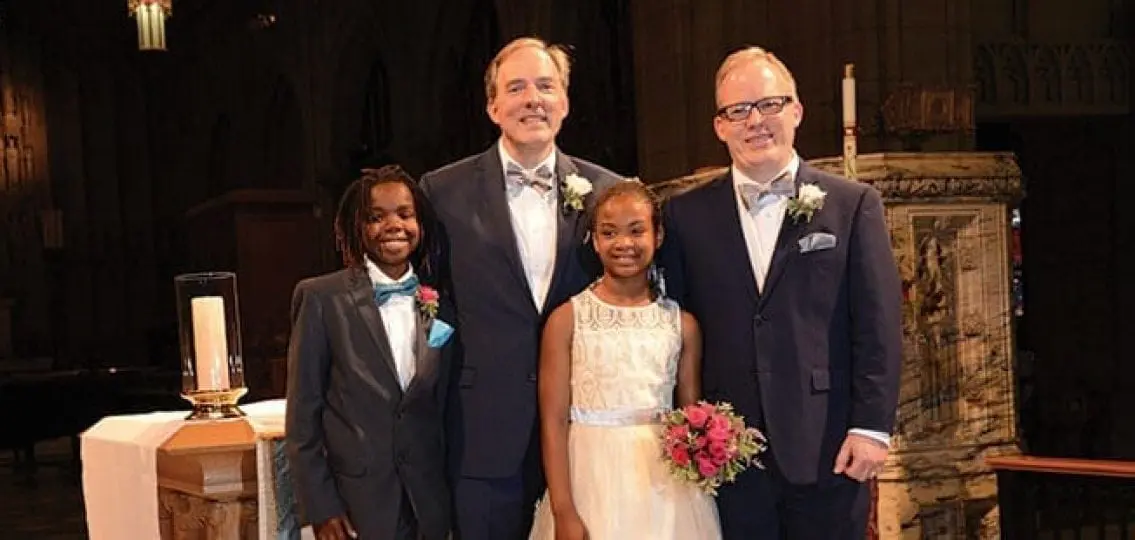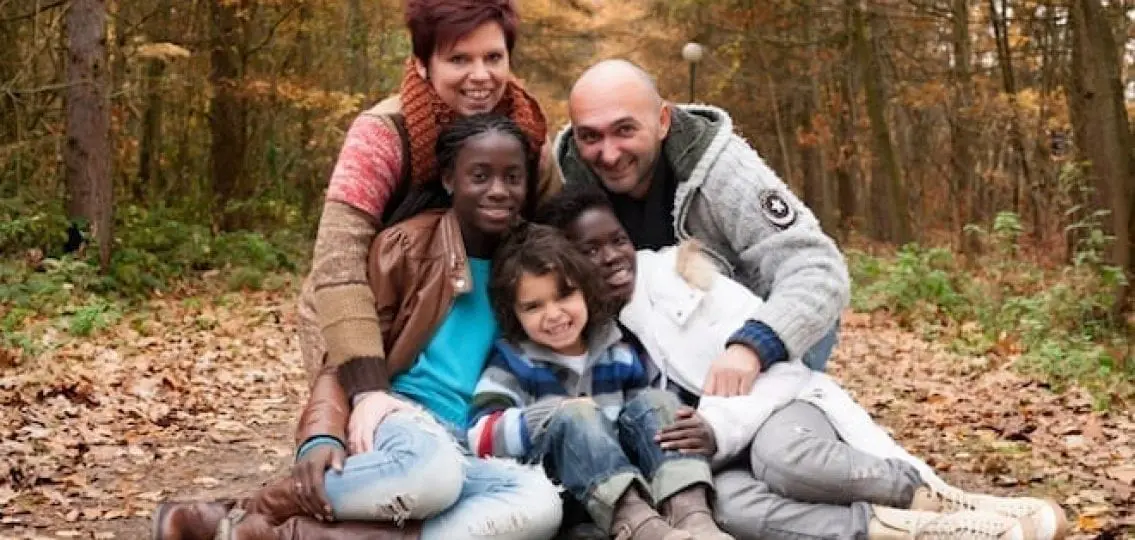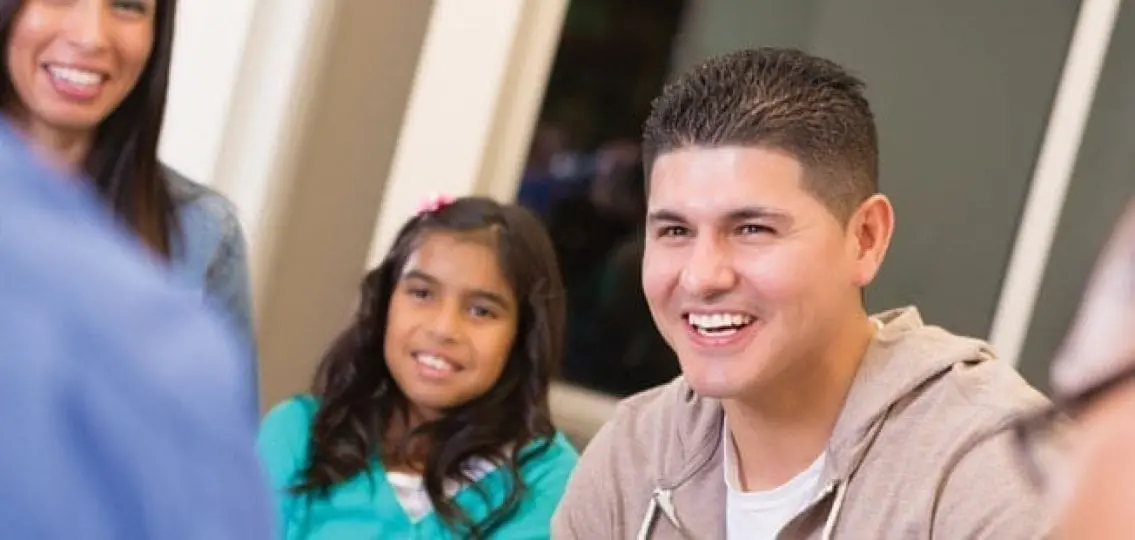The teen years can be difficult ones for any family, and families built through adoption are no exception. Adoption-related issues can bring some specific challenges during these years.

The developmental task of the teen years centers on identity. And the loss of one family and subsequent adoption into another complicates identity formation. It can be tricky to tease out what is a normal teen challenge and what is impacted by the overlay of adoption.
“Who am I like?” “Why did this happen?” “Where do I fit?” Questions of identity are at the core of the teen years. Teens who are adopted have even more reasons to struggle.
In addition, many children who are adopted were not well cared for earlier in their lives, or suffered trauma, often leaving scars to be healed.
Of course, all kids are different and there are many types of adoption—infant/older child; private/foster care; open/closed; domestic/international; and more. While some of the nuances may be different, a common thread is that all adoptees have experienced a loss.
Adoption and Adolescence: Ideas for Parents to Support Identity Formation
1. Communicate.
Don’t be afraid to talk about adoption. In fact, it can be helpful to be the one who brings it up. Some parents think that their children don’t want to talk about it if they don’t initiate the conversation, but children may feel that broaching the subject will be hurtful to their parents.
Make it clear that the subject is an open one—and that your child asking questions or expressing feelings about adoption and their past is okay.
Talking about your child’s past doesn’t always need to be a heavy subject. Even if you don’t know a lot about your child’s birth family members, you can make positive comments such as, “You have such beautiful eyes. I bet your birth mother has pretty eyes.” Or, “You are so artistic, I bet you inherited your talents from someone in your birth family.”
This lets your child know you think about these things and feel positively about their heritage, and at the same time it doesn’t demand a response. Also, point out ways that your child is like you and others in their adoptive family.
2. Share the information that you have.
While you want to do so in age-appropriate ways and be sensitive to your child’s needs, you never want to be in the position of keeping a secret from your child. Being open will help build trust and lessen the child’s fantasies and anxieties. While there might be information that feels difficult to share—such as a birth parent with a criminal history, or a situation where your child has a sibling who is being raised with their birth family—there are ways to explain it. And it is important that you do.
If they have gaps in information about why they were adopted, they may imagine something worse than what actually happened. Or on the flip side, they’ll wonder why they are not with their birth family and fantasize about how perfect their birth family must be. Help them make sense of what happened.
3. Provide opportunities for your child to interact with other adoptees.
This normalizes their experience. Look for an adoption support group, and attend meetings and social activities with other adoptive families.
Normalizing your child’s experience could be as simple as attending social activities that interest you and your child. Do not just send them to events: go with them and make a record of new memories. With their permission, and when appropriate, you may want to share photos of activities with family and friends—especially if you’ve adopted an older child and they don’t have many pictures of themselves from the past.

Even though your child may resist your involvement, attend their extracurricular activities. Be involved and visible in your child’s school. Knowing that you are there will certainly encourage them, even though they may not tell you. Taking an interest in programs and volunteer activities will show your child that you care and provide lasting rewards for everyone.




